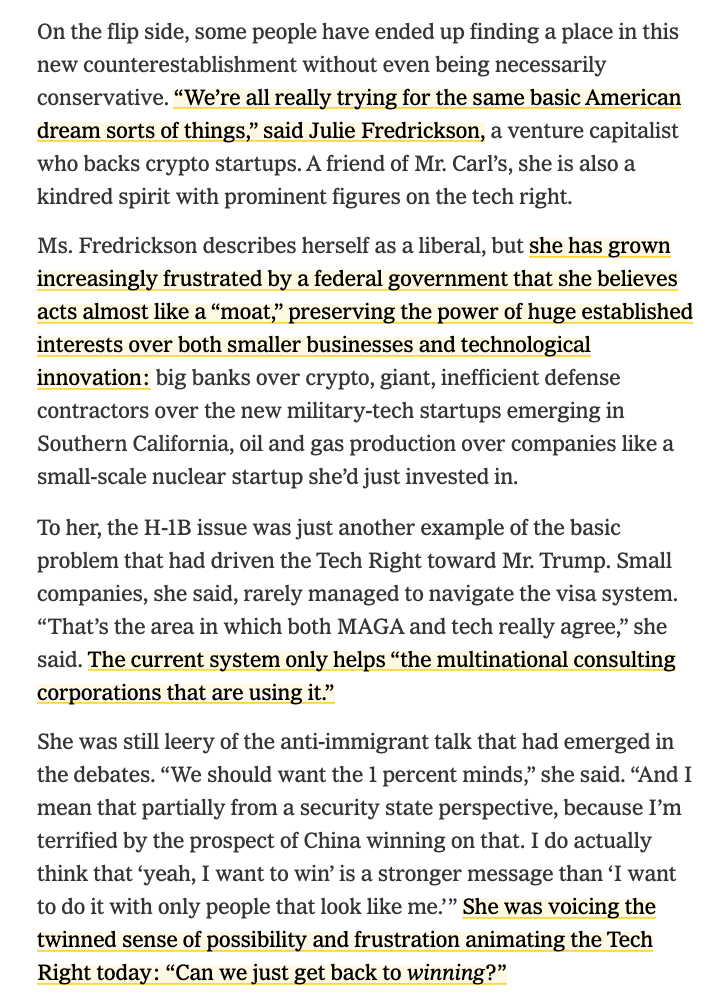It’s a busy day for competitive narratives on social media (and in the markets) as normies are belated reacting to news about a new open source artificial intelligence model from a Chinese quantitative hedge fund called DeepSeek.
The new model been available since Wednesday though many of us open source fans have been using prior versions for quite some time.
DeepSeek even powers the skincare bot my friend Kasra and I have been playing with for fun. We used all the open source models We are early days and hyperscalers have different games they play than us tinkerer types.
I have no hot takes for you on what it means geopolitically or otherwise. You can doomscroll for Jevons Paradox, the possibility of a Sputnik moment for the West, and the benefits of constraints for creativity.
What I think is most useful to remember about media narratives is the Gell-Mann Amnesia effect. Coined by Michael Crichton of Jurassic Park fame it helps remind experts to not expect expertise from normal people.
Briefly stated, the Gell-Mann Amnesia effect is as follows. You open the newspaper to an article on some subject you know well. In Murray’s case, physics. In mine, show business. You read the article and see the journalist has absolutely no understanding of either the facts or the issues. Often, the article is so wrong it actually presents the story backward—reversing cause and effect. I call these the “wet streets cause rain” stories. Paper’s full of them.
In any case, you read with exasperation or amusement the multiple errors in a story, and then turn the page to national or international affairs, and read as if the rest of the newspaper was somehow more accurate about Palestine than the baloney you just read. You turn the page, and forget what you know.Michael Crichton
I am passionate about the right to compute because new technologies should not be in the hands of only giant corporations or controlled by nation states.
Most of the commentary you will see on any given topic of media interest will be a fog of war mismash of competing narratives and ambitions.
Just remember that it’s wise to be wary of any certainty when it comes to what’s going on. What we know changes on what we know and it’s odd how easily we forget that.



